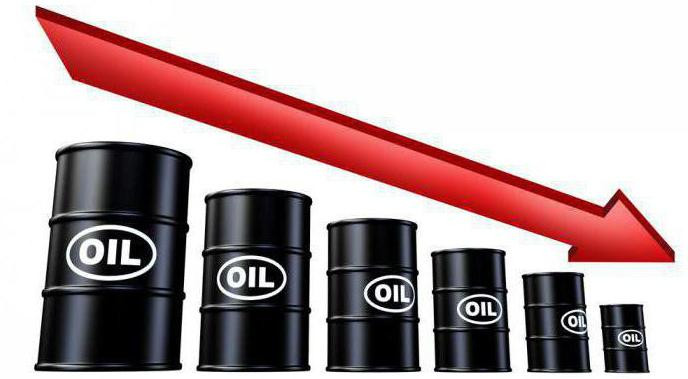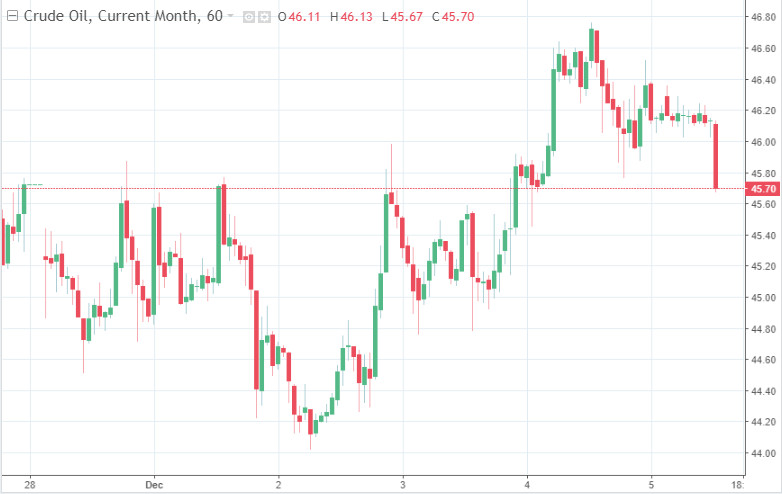Oil prices have declined this morning amid uncontrolled rise of worldwide COVID-19 infections and new quarantine measures.

As of the morning of December 7, in the New York Mercantile Exchange, the cost of February Brent futures decreased by 0.47%, amounting to $ 49.02 per barrel. Last Friday, contracts increased by $ 0.54 (1.1%) and reached $ 49.25 per barrel.
Meanwhile, January WTI futures have fallen 0.48%, amounting to $ 46.04 per barrel. Last Friday, contracts increased by $ 0.62 (1.4%) and reached $ 46.26 per barrel.
In general, in the first week of December, Brent crude rose 2.1% while WTI grew 1.6%.

To date, market participants are monitoring the situation with the coronavirus. In the past few days, the United States has reported a new peak in COVID-19 incidence, breaking the previous record which was 200,000 (cases reached 227,000). In this regard, some states and individual cities have decided to tighten quarantine measures. One example is Los Angeles, which has implemented mandatory home isolation for citizens.
The persistent rise in COVID-19 incidence also concerned other countries. As part of the fight against the virus, South Korea decided to strengthen social distancing measures in Seoul to 2.5 levels.
Of course, such news from America and South Korea aroused fears among investors, which, in turn, put pressure on oil prices. It seems that market participants have forgotten their multi-week optimism, caused by hopes for the imminent appearance of COVID-19 vaccines.
Experts have also released disappointing forecasts for oil. In the short term, analysts said quarantine measures and tight restrictions will significantly curb oil prices, and the long-term dynamics of the market will largely depend on how quickly the COVID-19 vaccines spread around the world.
This is in contrast to the rally of oil last week, which happened due to many factors. First was the results of the recent OPEC meeting, during which the members agreed to increase oil production by only 0.5 million barrels per day, not by 2 million barrels per day, as previously planned.
Investors were also optimistic because of the possible adoption of a new US stimulus package, especially since last Friday, House Speaker Nancy Pelosi said US lawmakers are seeking to pass a budget plan soon. Incumbent US President, Donald Trump, and Senate GOP leader, Mitch McConnell, are ready to propose a $ 908 billion stimulus package.
Experts predict that negotiations on new stimulus for the US economy may support oil prices, but it will not be enough. The oil market will stabilize only if there are more promising news on the COVID-19 vaccines.





















